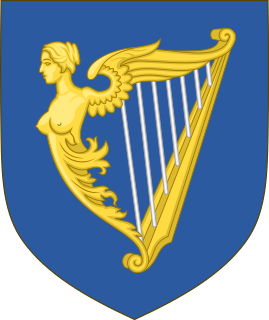This article does not cite any sources .(December 2013) (Learn how and when to remove this template message) |
This is a list of the Fellows of the Royal Society elected in 1912. Note there were no Foreign Members elected this year.

The President, Council and Fellows of the Royal Society of London for Improving Natural Knowledge, commonly known as the Royal Society, is a learned society. Founded on 28 November 1660, it was granted a royal charter by King Charles II as "The Royal Society". It is the oldest national scientific institution in the world. The society is the United Kingdom's and Commonwealth of Nations' Academy of Sciences and fulfils a number of roles: promoting science and its benefits, recognising excellence in science, supporting outstanding science, providing scientific advice for policy, fostering international and global co-operation, education and public engagement.
- John Oliver Arnold
- Charles Glover Barkla
- Leonard Cockayne
- Arthur Lee Dixon
- Sir Thomas Little Heath
- Humphrey Owen Jones
- Sir Thomas Ranken Lyle
- William McDougall
- Rudolf Messel
- Benjamin Moore
- Edward Nettleship
- Robert Newstead
- Sir Henry John Oram
- George Thurland Prior
- Reginald Crundall Punnett

Charles Glover Barkla FRS FRSE was a British physicist, and the winner of the Nobel Prize in Physics in 1917 for his work in X-ray spectroscopy and related areas in the study of X-rays.

Leonard Cockayne FRS is regarded as New Zealand's greatest botanist and a founder of modern science in New Zealand.
Arthur Lee Dixon FRS was a British mathematician and holder of the Waynflete Professorship of Pure Mathematics at the University of Oxford.


